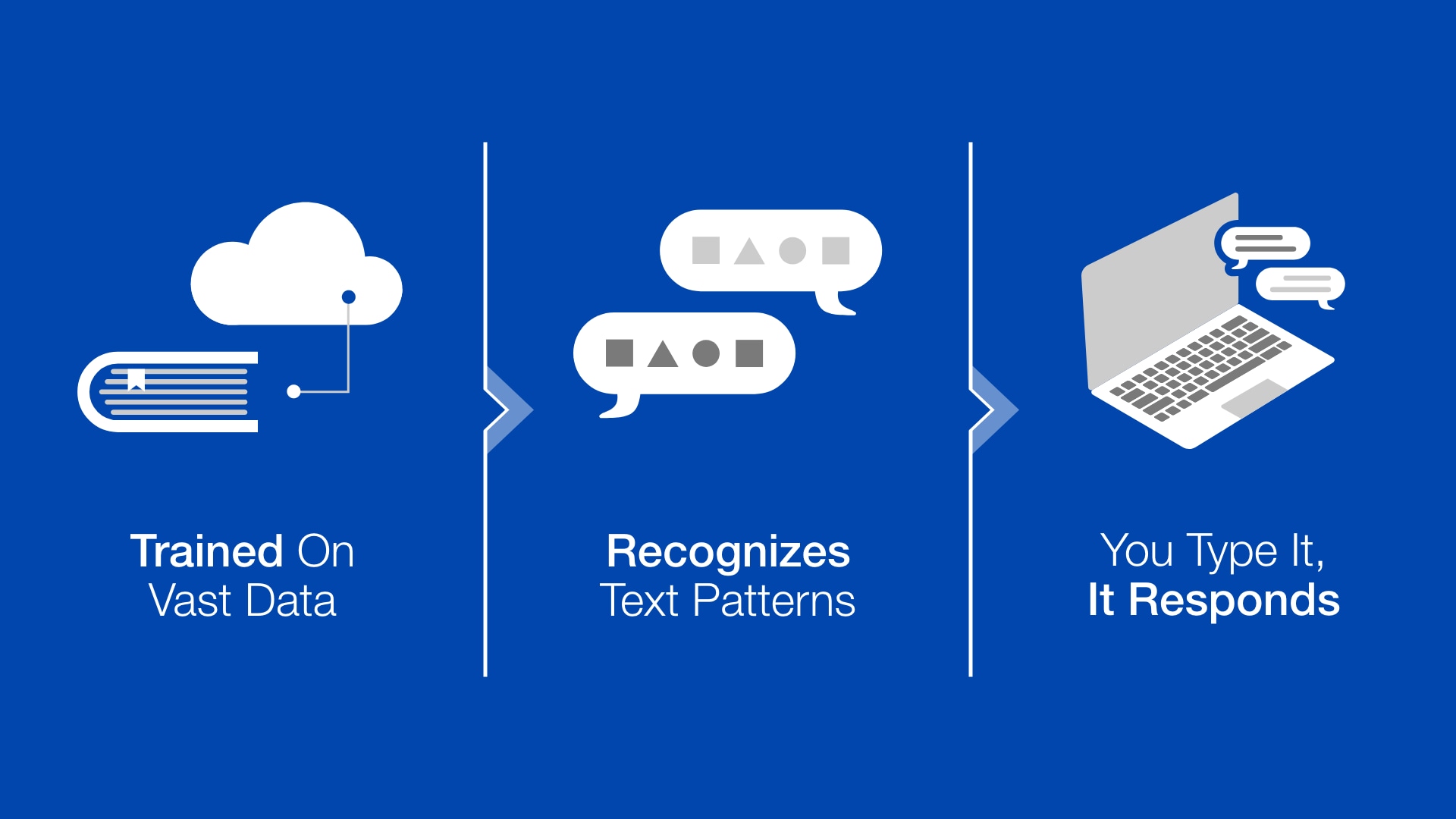Export Your Brain: How I Uploaded Myself to AI | Andreessen Horowitz
One of life’s biggest challenges is communicating the context behind your feelings, decisions, and actions. How do you take the thoughts swirling around in your mind and translate them into something that other people — your coworkers, your partner, your therapist — understand? Imagine you’re overwhelmed by a bunch of things and a close friend asks how you’re doing. If you’re anything like me, you’ve probably wished that you could just give them a direct line to your brain to bring them up to speed instead of trying to rattle off everything that’s stressing you out.
My favorite example of this might be Gen Zers making decks to educate their therapists about their “lore” — they’re trying to condense the history of their lives into the most impactful moments and people. I call this idea “exporting your brain.” It’s taking the context that exists in your head — which is essentially unstructured data — and translating it into a format that can be understood.
Personal Insights
This sounds like science fiction, but it’s now possible for the first time, thanks to LLMs. We can take massive amounts of information, extract the insights, and summarize the takeaways. In this same way, we can now keep a record of our thoughts — like a digital journal or therapy notes — and consult that trove of past experience to guide our decision-making, interactions, and personal growth. There are both personal and professional use cases for this. It can even help you better understand yourself.
Utilizing AI for Communication
We’ve all had conversations where it feels like the other person just isn’t getting it. They’re not understanding what you’re trying to say, how you arrived at a given conclusion, or why you’re so emotional about something. These types of communication issues can be assuaged with AI. Imagine an AI companion that has accompanied every step of your experience and understands exactly how you think and feel. It can help you formulate the most concise and effective way to voice your internal monologue to the other person.
I’m not the only one doing this. There are countless Reddit posts and TikToks about how to use ChatGPT to help you better communicate with your co-parent, partner, friends, and coworkers.

Enhancing Memory with AI
Beyond helping you better understand your own strengths and weaknesses, AI can combat the pesky limitations of the human brain — particularly when it comes to memory. AI companions can remember and surface relevant context that you’ve forgotten. Human communication (with yourself or others) is one use case for “exporting your brain.” Another is interfacing with applications.
Imagine a new app that immediately understands who you are and what you care about. Your DoorDash feed is instantly populated with restaurants that reflect your taste and budget. Your shopping app only recommends items that fit your style. Your dating app doesn’t show you an endless pile of cards to swipe, but gives you a few people who truly match you.
The Future of AI Integration
I can also see work applications for this. Imagine a smart writing assistant that sees all your emails, blog posts, and tweets and can write this content in your voice. Your AI work companion could travel with you across jobs. There are clearly real use cases for an “AI brain.” But in my experience, ChatGPT isn’t the ideal product. It’s meant to be a helpful, general assistant – which it’s great at – but it’s not optimized to be a personal or professional companion.




















